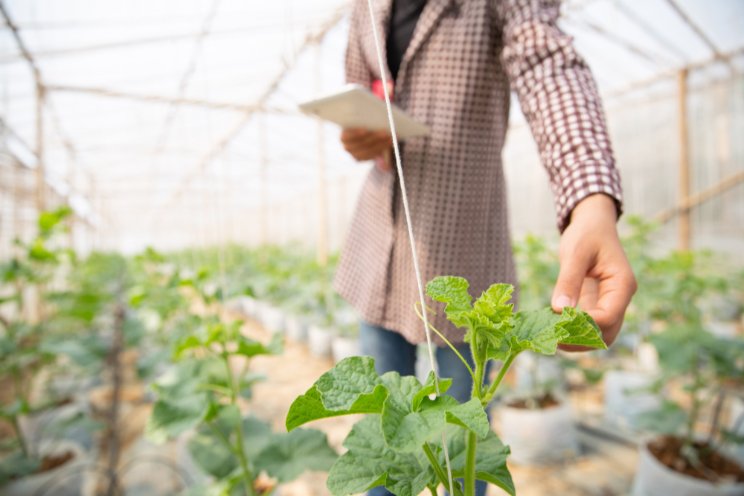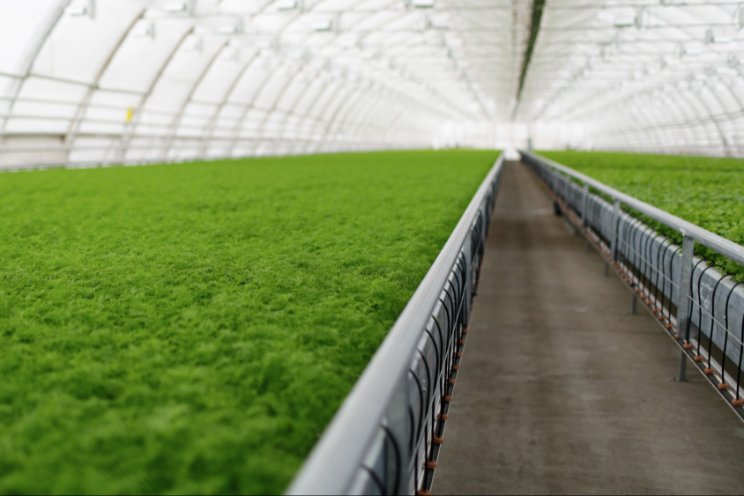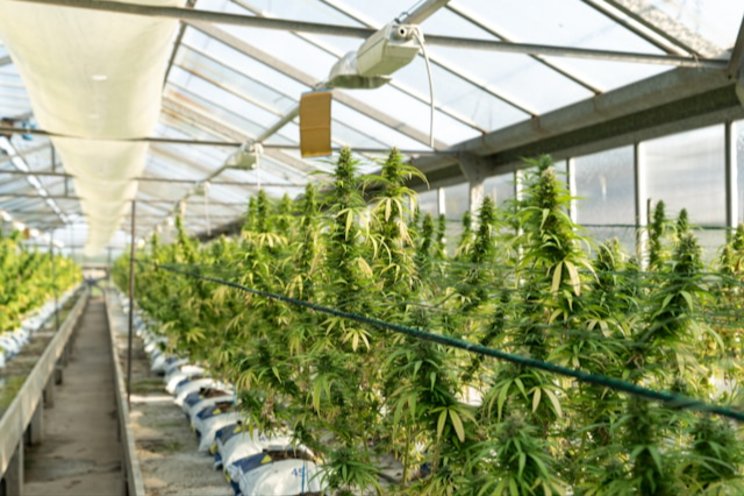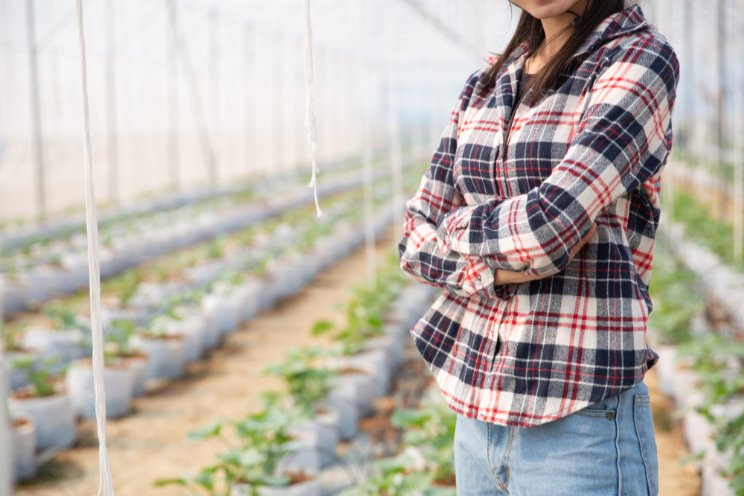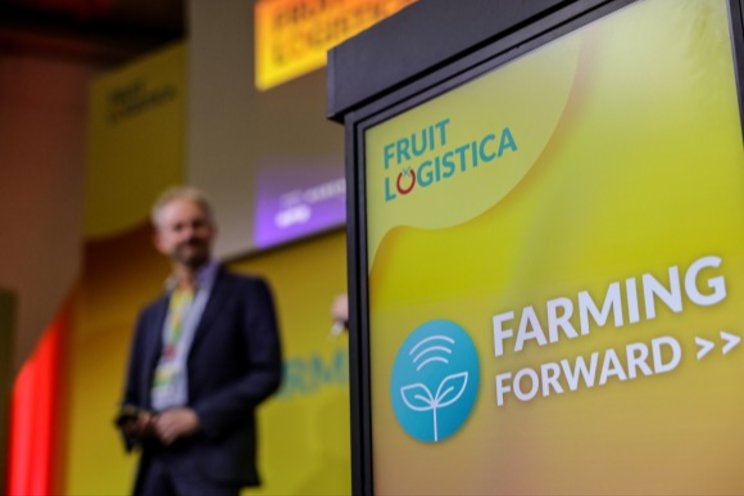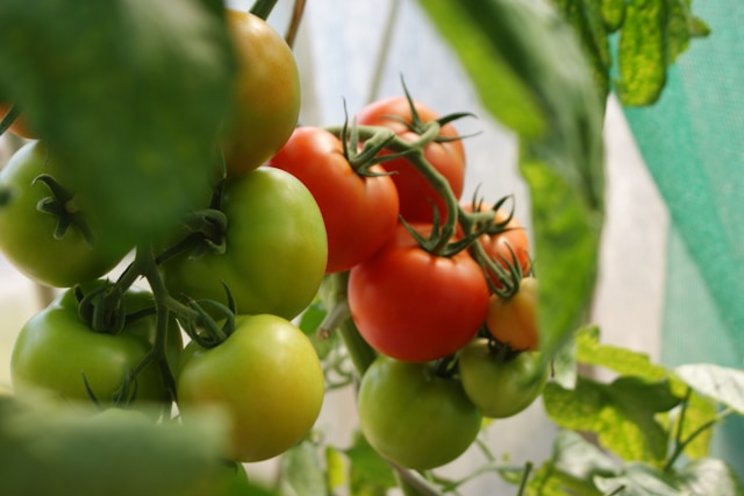Tech to manage cannabis markets during covid-19
Added on 13 August 2020

Similar to its recent approach to cannabis regulation, the federal government has delegated much of the responsibility of the coronavirus response to state authorities. And state cannabis regulators, already familiar with setting up flexible regulatory structures for a fast-changing industry, have been quick to respond. Medical cannabis programs across the country recognized cannabis as an essential business, relaxed deadlines for patient and business license renewals, and implemented nuanced restrictions such as eliminating the use of sniff jars in dispensaries. Massachusetts is even considering providing state financing to struggling cannabis businesses that are ineligible for federal support. In addition to these policy changes, cannabis regulators have increasingly leveraged technology to mitigate risk during the pandemic.As Covid-19 has overwhelmed the medical community, medical cannabis regulators are using technology to streamline contactless access for patients. In the 34 states (including the District of Columbia) with medical markets, 31 regulatory agencies changed their rules to allow telehealth visits for medical cannabis recommendation renewals and 19 agencies allowed for first-time medical cannabis appointments. And the shift to virtual and use of technology did not stop there. Since states temporarily suspended in-person compliance inspections at cannabis facilities, Ohio implemented virtual inspections by plugging into CCTV feeds and using FaceTime. Maryland and Minnesota have also instituted virtual inspections during the pandemic to keep both state and industry employees safe.
To adhere to new social distancing rules, cannabis businesses instituted similar protocols to grocery stores at the direction of regulators. For instance, Illinois regulators reserved specific hours at retail locations for high-risk groups. And in 26 states, regulators issued emergency guidance to allow for curbside pick-up, delivery, or online sales - options that had not always previously existed - to keep business afloat and consumers safe during stay-at-home orders. In Nevada, once regulators issued emergency directives allowing for delivery and curbside pick-up in May, the new practices accounted for approximately 75% of sales in the state's track-and-trace system within two weeks. Without the ongoing Covid response, these types of policy changes would have taken much longer to institute.
Even in the midst of this quickly evolving policy landscape, cannabis regulators are using technology to ensure all industry players and consumers are involved in the rulemaking. For instance, Massachusetts Cannabis Control Commission moved its normally in-person public committee hearings online. Regulators in Hawaii have required its cannabis businesses to provide all information, such as safety practices at their facilities and relevant policy updates for their operations, to customers over the internet. And Colorado is continuing its tradition of assembling rulemaking workshops and tackling important topics including social equity and sustainability online. State regulatory agencies are continuing to improve their programs using new techniques to deliver important public policy decisions.
These innovative efforts by regulators are undoubtedly keeping the cannabis industry - from farmers to dispensary workers - and its patients and consumers safe from exposure to the virus. And, even after the threat of Covid passes, I suspect many of these emergency actions will remain as a successful "new normal." This agile, multi-stakeholder approach highlights the ability of the regulated cannabis industry to not only operate, but set nationwide best practices under extreme duress and pressure. Other government agencies - at both the state and federal level - should take note.
By Lewis Koski
Source: Forbes
Photo: <a href='https://www.freepik.com/photos/background'>Background photo created by freepik - www.freepik.com</a>
Source: Forbes
More news
